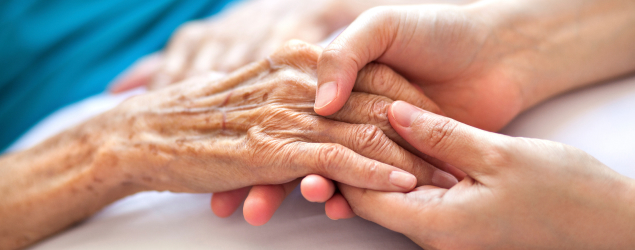There is no one, universal dressing that can be used in every case. Dressings have different functions

universal dressing that can be used in every case. Dressings have various functions: they cleanse, absorb or protect. They often complement each other, and none of them alone can meet all the needs of a wound going through successive stages of healing:
This phase is the body’s response to an injury. Circulatory disorders, dilatation and increased permeability of the capillaries result in swelling, which is accompanied by exudation.
Granulation – this is the process of transition from the inflammatory to the proliferative phase, which is controlled by macrophages and other cells. Macrophages, naturally found in the human connective tissue, engulf dead cells, and fibroblasts, also naturally found in connective tissue, form a structure that allows macrophage migration.
Fibroblasts fill the space left by the lost tissue with granulation tissue. Narrowing of the wound – in this process, numerous fibroblasts change into myofibroblasts (cells that have contractile capacity). A network of interconnected myofibroblasts pulls the wound edges together by 0.6 – 0.7 mm per day.
Narrowing of the wound makes the scar smaller than the initial wound.
Epithelialisation – this is the process in which proliferating epidermal cells move from the edges of the wound towards its the centre over the surface of the newly formed granulation tissue.
Epidermal cells migrating from the edges of the wound cover the granulation tissue and form new epidermis.
Maturation – this is the process of slow reorganisation of the microscopic structure of the scar tissue. Remodelling leads to strengthening, reduction and smoothing of the scar. This stage can take months or even years.